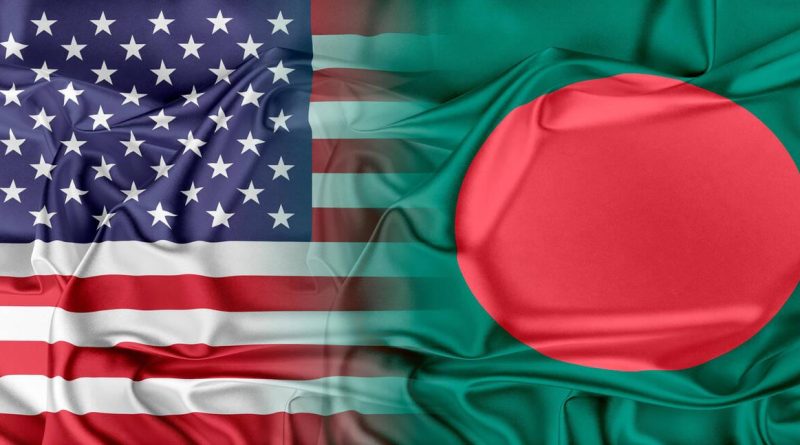The United States has reduced the tariff on imports from Bangladesh to 20 percent, a significant adjustment from the previously proposed 35 percent, as part of a wider restructuring of US trade policy targeting multiple countries.
The new rate was formalised through an executive order signed by President Donald Trump on Thursday (local time), introducing reciprocal tariffs ranging from 10% to 41% on goods from various countries and regions.
The move is expected to bolster Bangladesh’s export competitiveness in the US market, particularly in the apparel and textile sectors, which account for the bulk of its overseas shipments.
The reduction follows a high-level negotiation in Washington, D.C., between officials of the Government of Bangladesh and the Office of the United States Trade Representative (USTR). Bangladesh’s delegation was led by Commerce Adviser SK Bashir Uddin, accompanied by National Security Adviser Khalilur Rahman, Commerce Secretary Mahbubur Rahman, and senior ministry officials.
On the US side, Brendan Lynch, Assistant USTR for South and Central Asia, led the discussions along with senior trade policy officials.
According to the executive order, tariff rates for other countries include:
- India: 25%
- Taiwan, Vietnam, Sri Lanka: 20%
- South Africa: 30%
- Pakistan, Indonesia, Malaysia, Philippines: 19%
- Afghanistan: 15%
- Myanmar: 40%
- Brazil: 10%
The White House has not yet confirmed whether these measures are permanent or part of a temporary trade enforcement strategy. Nonetheless, the announcement has prompted concern among several affected nations while offering a relative advantage to Bangladesh.
In a statement, Bangladesh Textile Mills Association (BTMA) President Showkat Aziz Russell welcomed the development, crediting the achievement to the sustained diplomatic efforts led by Adviser SK Bashir Uddin. He described the tariff rate as “more favourable” compared to those faced by many competing countries.
Russell also revealed that the adviser may remain in the United States for further talks, including efforts to narrow the trade deficit between the two countries—an issue he reportedly raised during negotiations.
“This is a rare and bold diplomatic push, and no other country has taken such a proactive stance in recent talks with the US,” Russell said, expressing optimism for greater preferential access in the future.
The tariff cut is expected to have a direct impact on Bangladesh’s export growth, especially in ready-made garments (RMG), potentially opening new opportunities in the US market amid growing global trade uncertainties.






